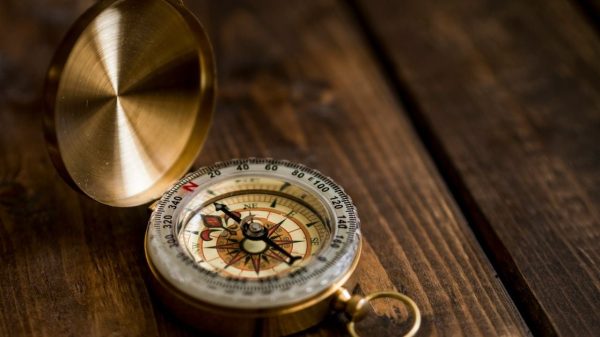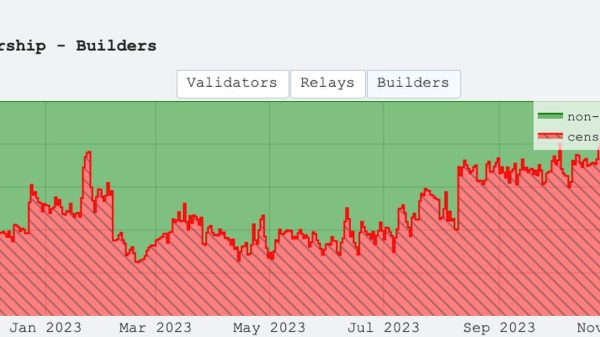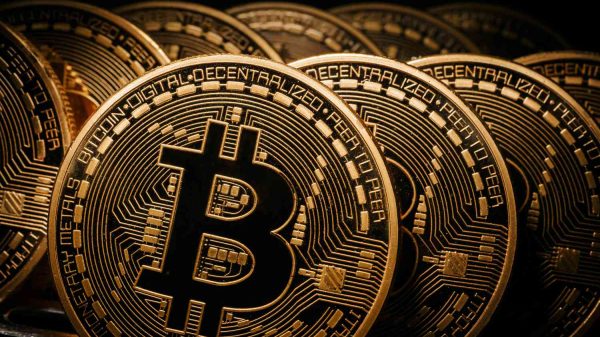Ripple’s XRP Ruling Impact on Crypto Industry
The recent court ruling on Ripple’s case with the SEC has sparked reactions within the crypto industry. The ruling stated that XRP is not classified as a security, leading to various implications and speculations within the community.
Key Takeaways
- The ruling indicated that XRP is not a security, triggering positive responses from the crypto industry.
- Crypto exchanges have started relisting XRP, signaling a potential shift in regulatory attitudes towards crypto assets.
- Legal experts suggest that further regulatory clarity is still necessary despite the ruling.
What the XRP Ruling Means for Crypto Assets
While Bitcoin is considered a commodity, most cryptocurrencies lack clear regulatory guidelines. The SEC’s stance on crypto assets as securities has led to enforcement actions against issuers and exchanges like Binance and Coinbase.
The recent court ruling challenges the SEC’s classification of crypto assets as securities, potentially paving the way for a more relaxed regulatory environment in the future. Other crypto assets like Solana and Polygon saw positive market reactions following the Ripple ruling.
Legal experts believe that this ruling could lead to broader acceptance of crypto assets as “unrestricted securities” under certain conditions, offering new possibilities for token creators and traders in the market.
Implications for SEC Cases Against Binance and Coinbase
Following the Ripple court order, exchanges may have more flexibility in listing tokens, as clarified by the ruling that XRP does not meet the criteria of an investment contract. This has implications for ongoing SEC lawsuits against Binance and Coinbase for alleged securities violations.
Coinbase’s Chief Legal Officer expressed confidence in the exchange’s legal standing, strengthened by the Ripple court order. The relisting of XRP on platforms like Coinbase and Kraken further highlights the evolving regulatory landscape in the crypto space.
While the ruling is a significant development in the ongoing battle between regulators and the crypto industry, it may not represent a final decision. Potential appeals by the SEC and future legislative actions could shape the regulatory framework for crypto assets moving forward.


































